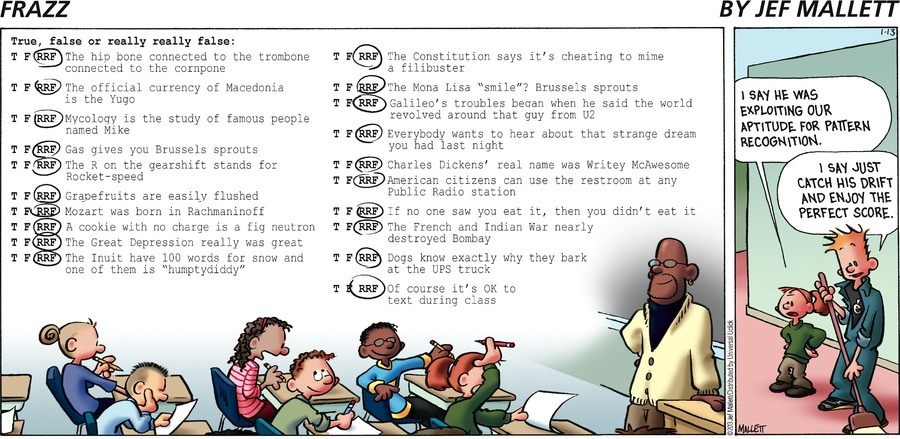Media train fire
Kazunori Takada and Samuel Shen, "China media train fire on U.S. food giants over chicken scare", Chicago Tribune 1/17/2013:
SHANGHAI, Jan 17 (Reuters) – Just weeks after Chinese authorities cleared Yum Brands Inc and McDonald's Corp of charges they had served chicken laced with excessive chemicals, local media are again attacking the iconic American firms, while barely reporting on the chances of Chinese restaurants selling similar meat.
Kevin Zurawel writes:
I assumed at first that this was a catastrophic fire taking place on a train filled with Chinese journalists and TV stars, but then realized it was just about bad chicken.
Read the rest of this entry »






